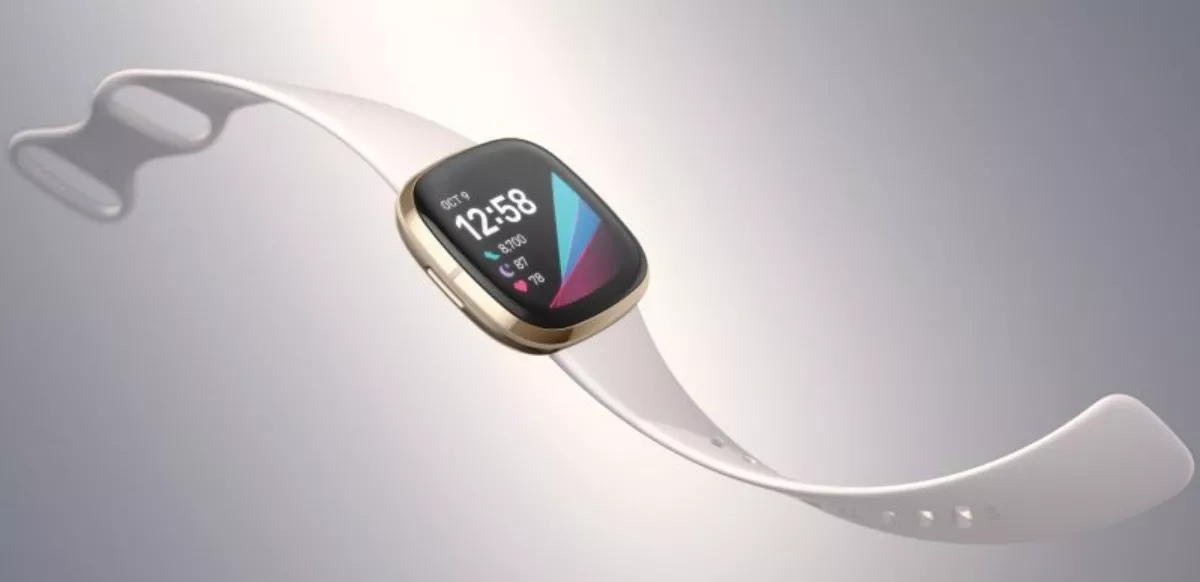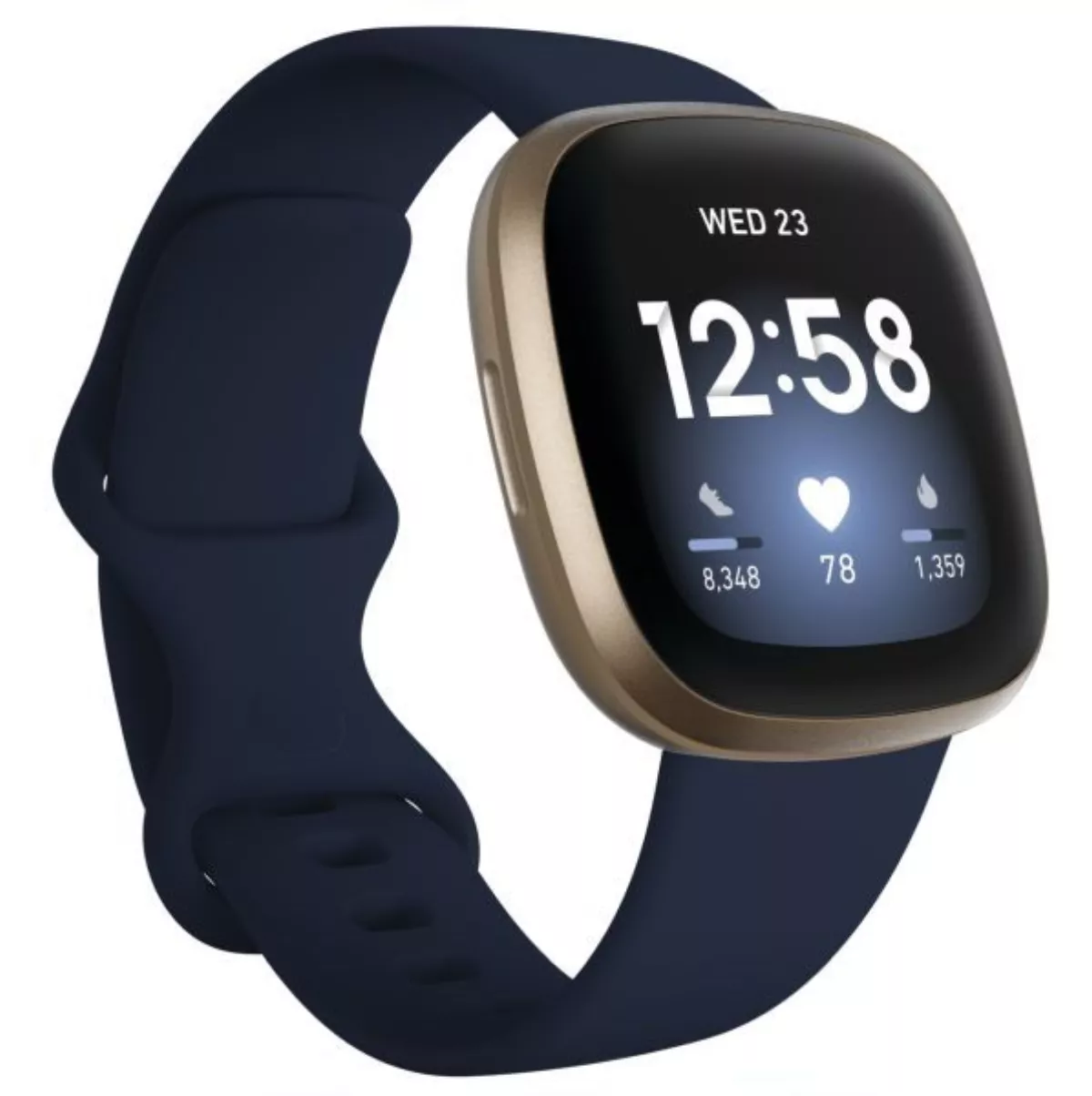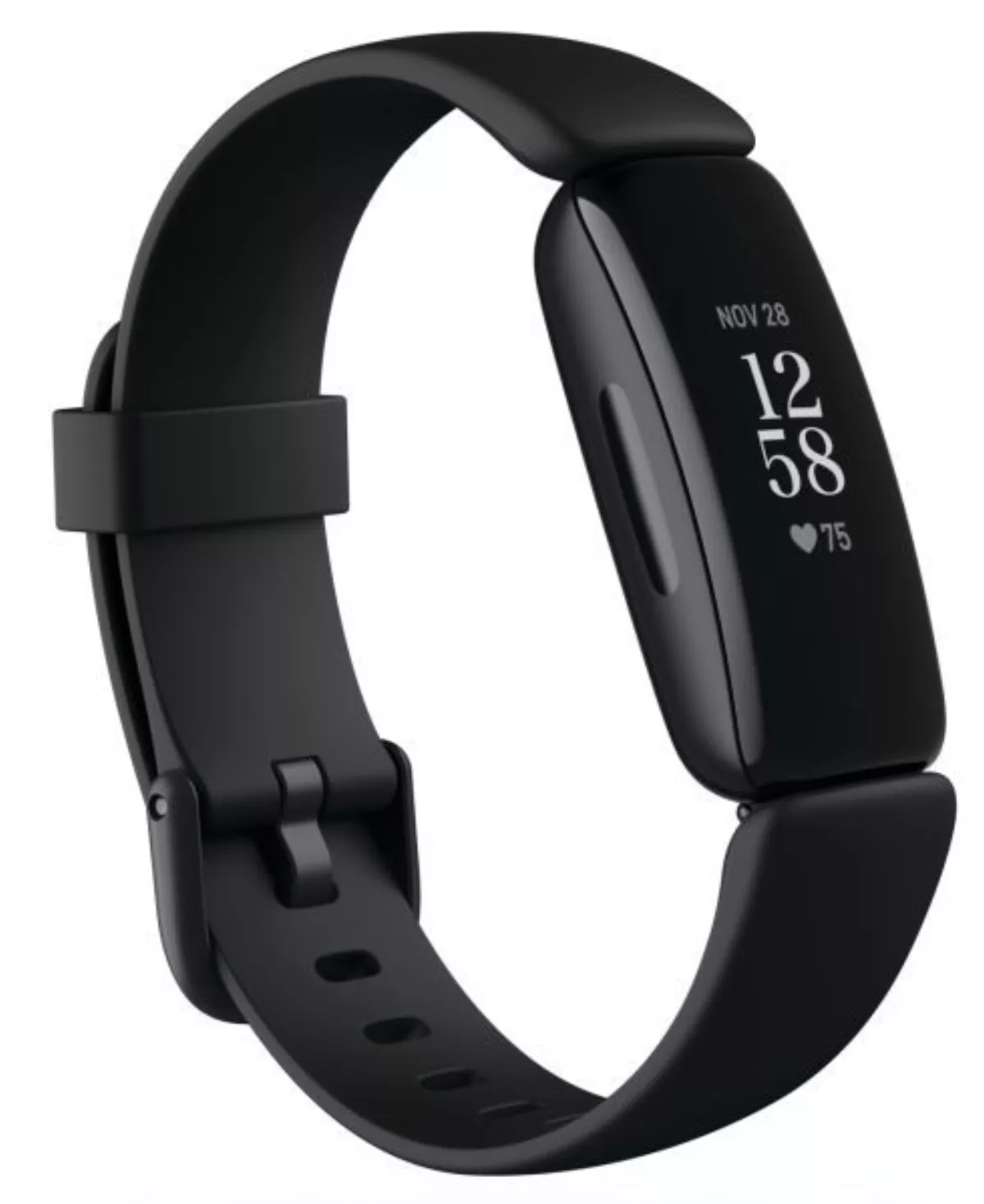
Fitbit's new products want to help manage your stress levels
Fitbit is rolling out the red carpet for a new set of wearable fitness devices, including a new Versa, Inspire, and an entirely new smartwatch called the Fitbit Sense.
The company led the announcements with Fitbit Sense, a smartwatch that is being hailed as Fitbit's 'most advanced health smartwatch' – because it can help with stress management, heart rate monitoring, and even skin temperature changes.
One of the things that makes it so advanced is an electrodermal activity (EDA) sensor, which is able to help manage stress by detecting electrical changes in the skin's sweat levels. Users just place their palm over the Sense's device face and the sensor does the work.
The Fitbit Sense also has a 'Stress Management Score' that calculates stress levels based on data related to activities, heart rate, and sleep. The higher the score, the fewer stress signs there are.
Fitbit is also making meditation a key part of the experience, which is why All Fitbit users will have access to the new mindfulness tile in the Fitbit app. Users can weekly mindfulness goal and reminders, reflect on stress, log moods after sessions, and meditate as a part of their mindfulness practice.
Fitbit Sense also includes an ECG app that can monitor heart rhythms for signs of atrial fibrillation. Users hold their fingers on the corners of the stainless steel ring around the watch while
being still for 30 seconds to receive a reading. This reading can be shared with medical professionals.
Sense can also send notifications if a heart rate is too high or too low. Fitbit says, "While many factors can affect your heart rate, like stress or temperature, a high or low heart rate may be an indication of a heart condition that requires medical attention, such as bradycardia (heart rate that is too slow) and tachycardia (heart rate that is too fast).
Sense includes a skin temperature feature that may be able to tell if users are getting a fever, illness, or even menstrual phases.
Fitbit Sense is fitted with a large AMOLED, higher-resolution display with an ambient light sensor. It is water-resistant up to 50 metres.
It also has common Fitbit features such as GPS, more than 20 on-device exercise modes, SmartTrack automatic activity tracking, Cardio Fitness Level and Score, and advanced sleep tools.
"Stay connected with a range of smart features for added convenience, including a built-in speaker and microphone to take calls and reply to texts with voice commands, choices of Amazon Alexa or Google voice assistants, contactless payments, thousands of apps and clock faces and more, and 6+ days of battery life."

Fitbit Versa 3 is the latest addition to the Versa line. It includes features such as an inbuilt speaker and microphone for phone calls, plus GPS tracking, Google Assistant, and a battery that can last more than six days. Fitbit Pay is also equipped, plus music apps such as Deezer, Pandora, and Spotify. Battery life will last up to six days.
The Fitbit Versa and Fitbit Sense will use the same magnetic charger. A 12-minute quick charge can last a full day of usage.

Fitbit Inspire 2 will feature Active Zone Minutes (originally pioneered on the Charge 4), and battery life of more than 10 days. It includes a 12 month free trial of Fitbit Premium.

Fitbit Sense, Fitbit Versa 3 and Fitbit Inspire 2 are available on Fitbit.com and online at select retailers.
Pricing
- Fitbit Sense: AU$499.95, NZ$579.95
- Fitbit Versa 3: AU$399.95, NZ$449.95
- Fitbit Inspire 2: AU$179.95, NZ$199.95.


